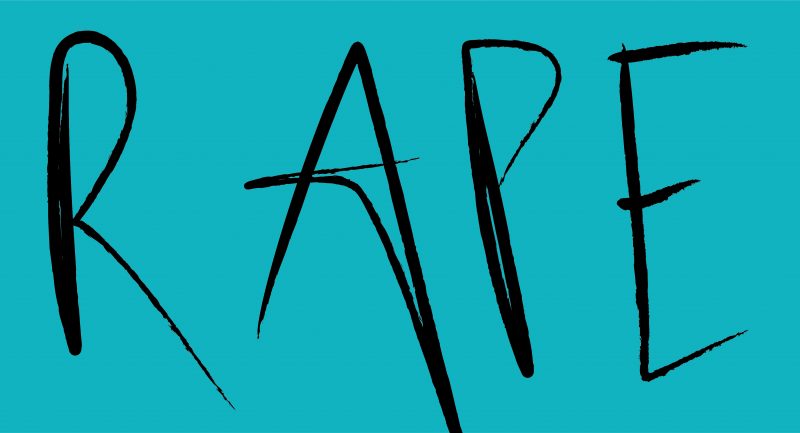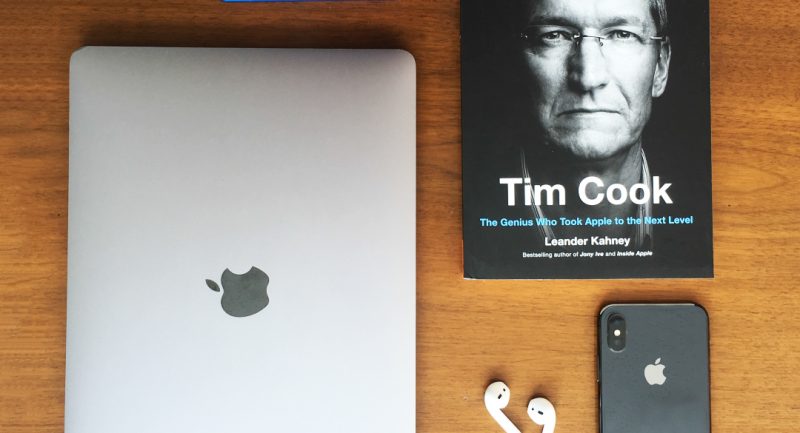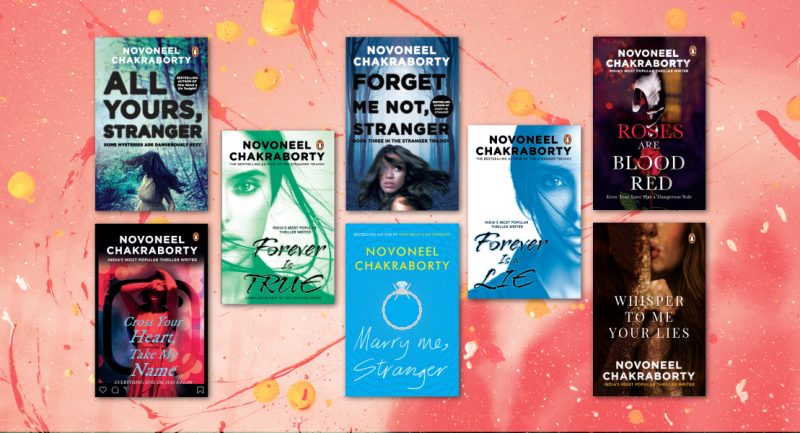
Michael Burns is a university teacher, writing coach, actor, editor and storyteller. He has directed five films for international television and his work has been seen in over twenty countries. He moved to India in 2011, and founded Tall Tales, the country’s longest-running, live-storytelling event series. He also conducts popular writing workshops around India.
Here’s what he has to say about his book Hack Into Your Creativity
Everyone has at least one great story. What’s yours?
If you’re reading this book, welcome.
I’m so glad we’ve found each other.
This is a book of story prompts: ideas, questions and thought experiments for you to enjoy and to write on. They’re designed to stimulate, energize and challenge you (the third of these being the most important). They’ve been written in a particular manner so that the maximum number of people can relate to them in some way. The writing that they inspire is best when it’s detailed, original and sourced from deep inside the writer’s heart and mind. There are eight categories of prompts:
- What Happens Next?
- Character-Building
- Incredible India
- Genres
- Everyday Magic
- Two-Parters
- Integration
- Every Hair on Its Head
Each of these subjects starts with a mini introduction to the category. Work your way through them or skip around if there’s a particular skill that you need to work on. I’ve added extra pages at the end of this book for you to write in, but I would recommend combining this text with a notebook so that you never run out of room for epiphanies.
This collection differs from other story-prompt resources in a few important ways. First, the prompts that follow are not random, provocative words or phrases designed to stir you to write just anything. While there is something to be said for that style, I’ve elected, instead, to put together prompts that help you to investigate visceral, transformational and pivotal moments in storytelling. This way, your writing is targeted and helps fabricate a tool that you can use on a regular basis and even in the most dramatic points in your future stories. So, there’s a special emphasis on dramatic tension. Second, this collection also readily explores both fiction and non-fiction because both are essential skills. As all writers know, your ability to find depth and nuance in fictional characters is only possible if you’re willing to, at some point in time, turn that high-powered lens back on yourself. Third, in the vast majority of cases I’ve kept the prompts targeted but very simple, steering clear of the types of prompts that shout, ‘Look how clever this story starter is!’ and instead tried to keep the focus right where it should be: getting you started down a path to discover how clever you are. Fourth, and perhaps most importantly, as suggested above, this book offers you a curated sample of many different kinds of prompts that speak to the many different kinds of storytelling that a writer will likely indulge in—from introspective questions and sentence integration to science-fiction plot twists and character development. In other words, there is a substantial selection of varied prompts to suit your particular interest, mood or even work-related priorities.
These prompts are both specific and flexible. Just like an exercise machine at a gym, the prompts are designed to get you to work on a specific skill, but they can and should be adapted as necessary. I have randomly assigned pronouns (he or she) to the prompts, details that are obviously yours to change at will. I have also suggested goals for the amount of writing you should do after each prompt. This is just a minimal suggestion to help you create a proto-story, a foundational core that can give rise to a story over time. (Having said that, obviously, if you’re set on fire by a topic, with sparks flying off the end of your pen, keep writing!) Having a proto-story as a goal is important because a quality story is not something that usually reveals itself in one inspired session. It evolves over time and builds like a snowball. Some ideas are discarded while others are expanded. Therefore, a reasonable goal for yourself should be to meet at least the minimum lengths I’ve suggested and to infuse those seeds with so much love that they’re busting to grow. A more advanced goal might be to pair this book with your understanding of the universal story structure, giving your writing exposition, rising tension, and a satisfying but unexpected resolution. At the very least, consider three short acts for a simple story structure: let the prompts set things in motion, then let disaster strike your scene, and then finally, see if the characters you’ve created will be ingenious enough to survive or be overwhelmed enough to be snuffed out.
Treat this book as a source of inspiration when you need some. Treat it like a partner to help you get under the surface and beyond the barriers that might be temporarily blocking your creativity. Perhaps, above all, treat it as activation energy. Every chemist knows that reactions need a little push to get them going. And once the reactions start and combinations begin to agitate, percolate and transmute in the unpredictable ways that they sometimes do, you never quite know where you’ll end up.
So, as we get started on creating together, peace be the journey—the alchemist’s journey.
This is an excerpt from Michael Burns’ Hack Into Your Creativity.










